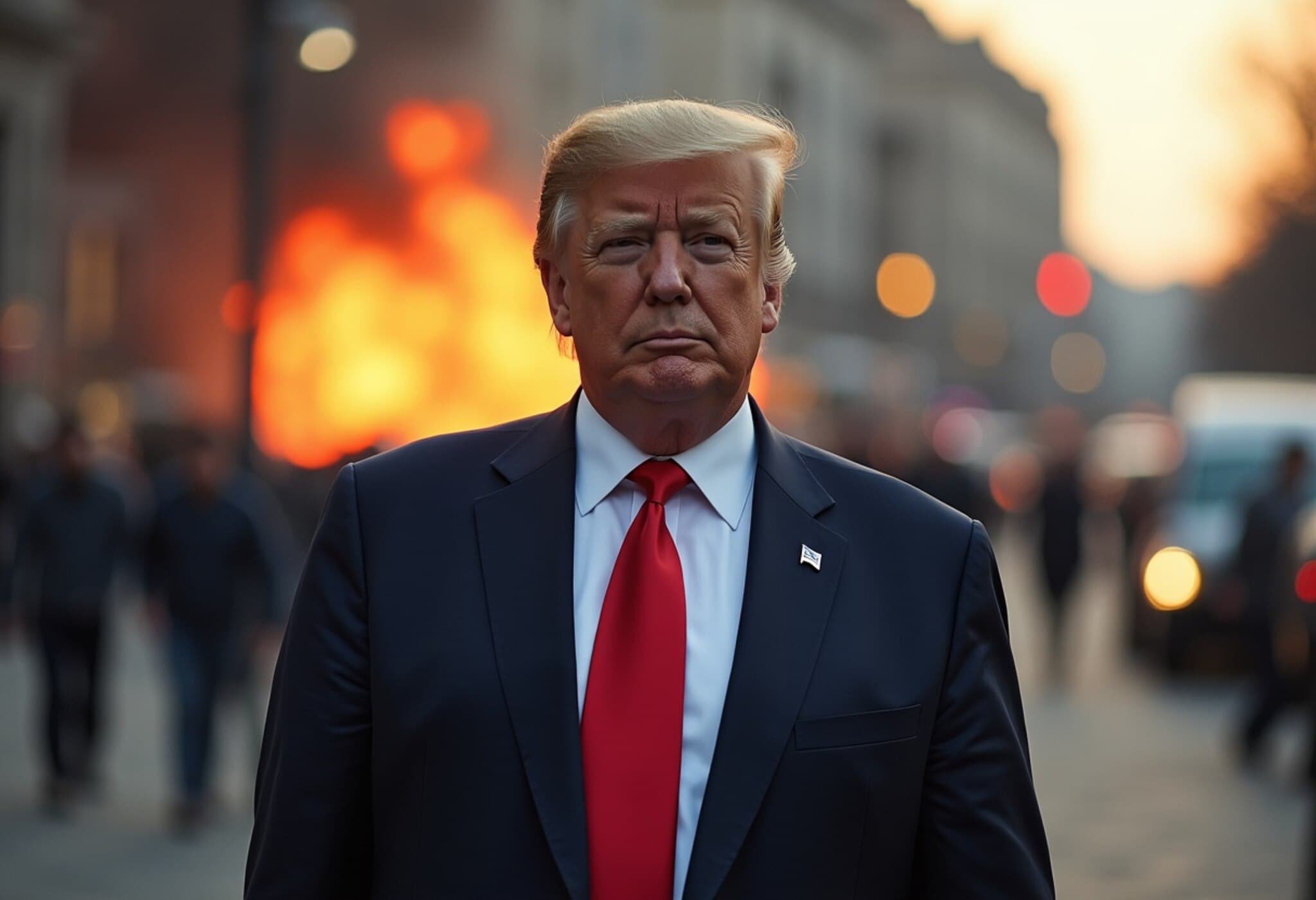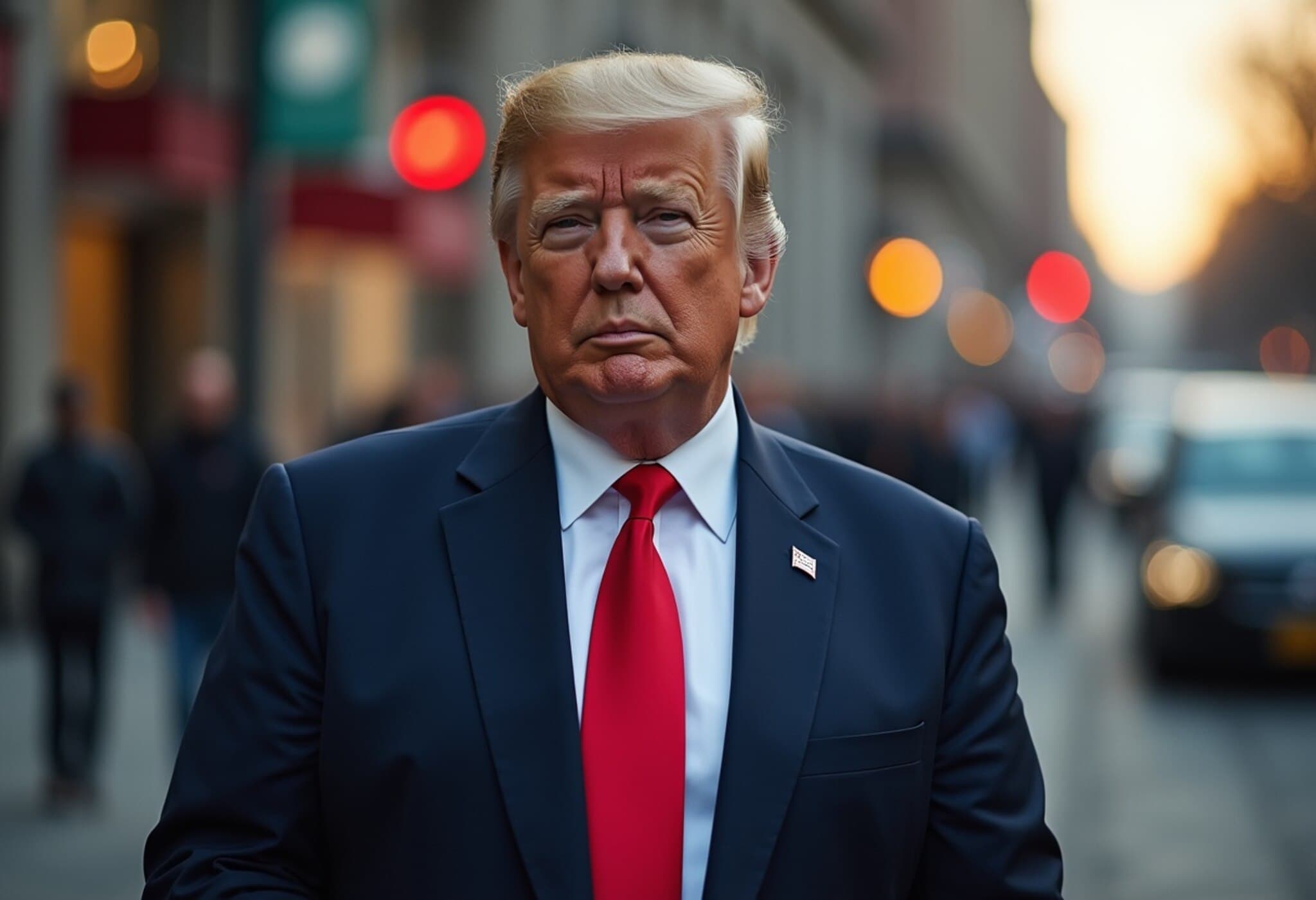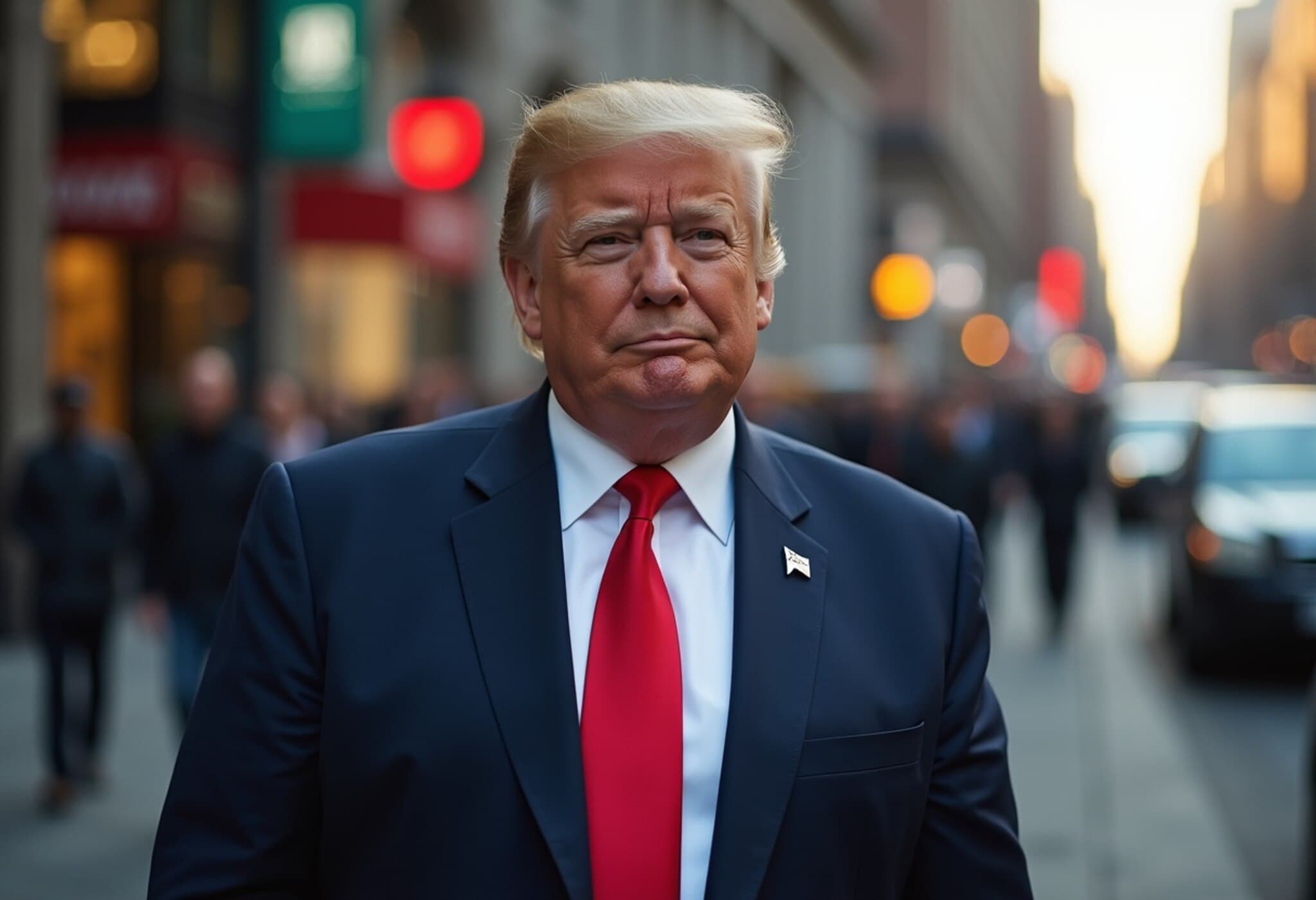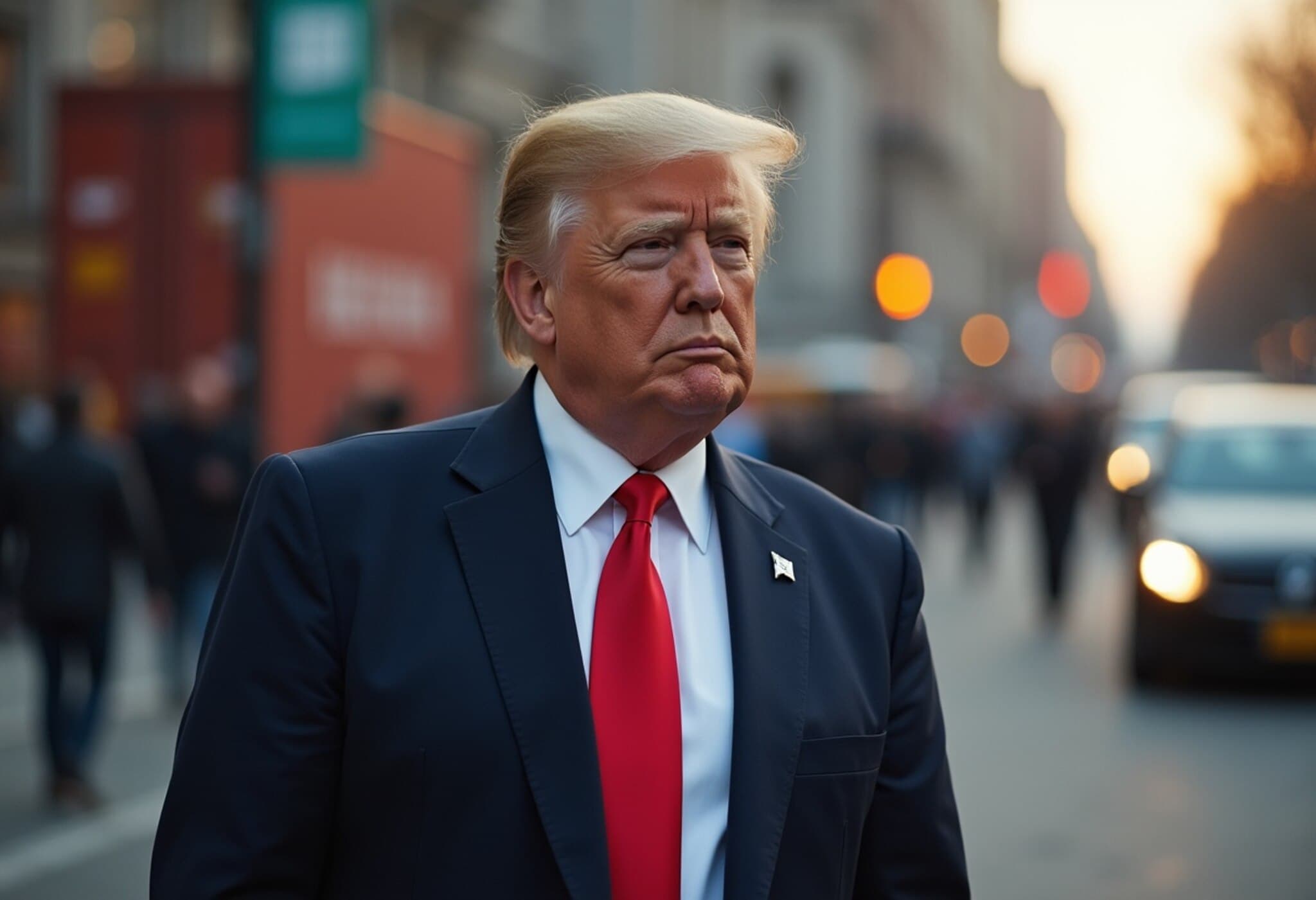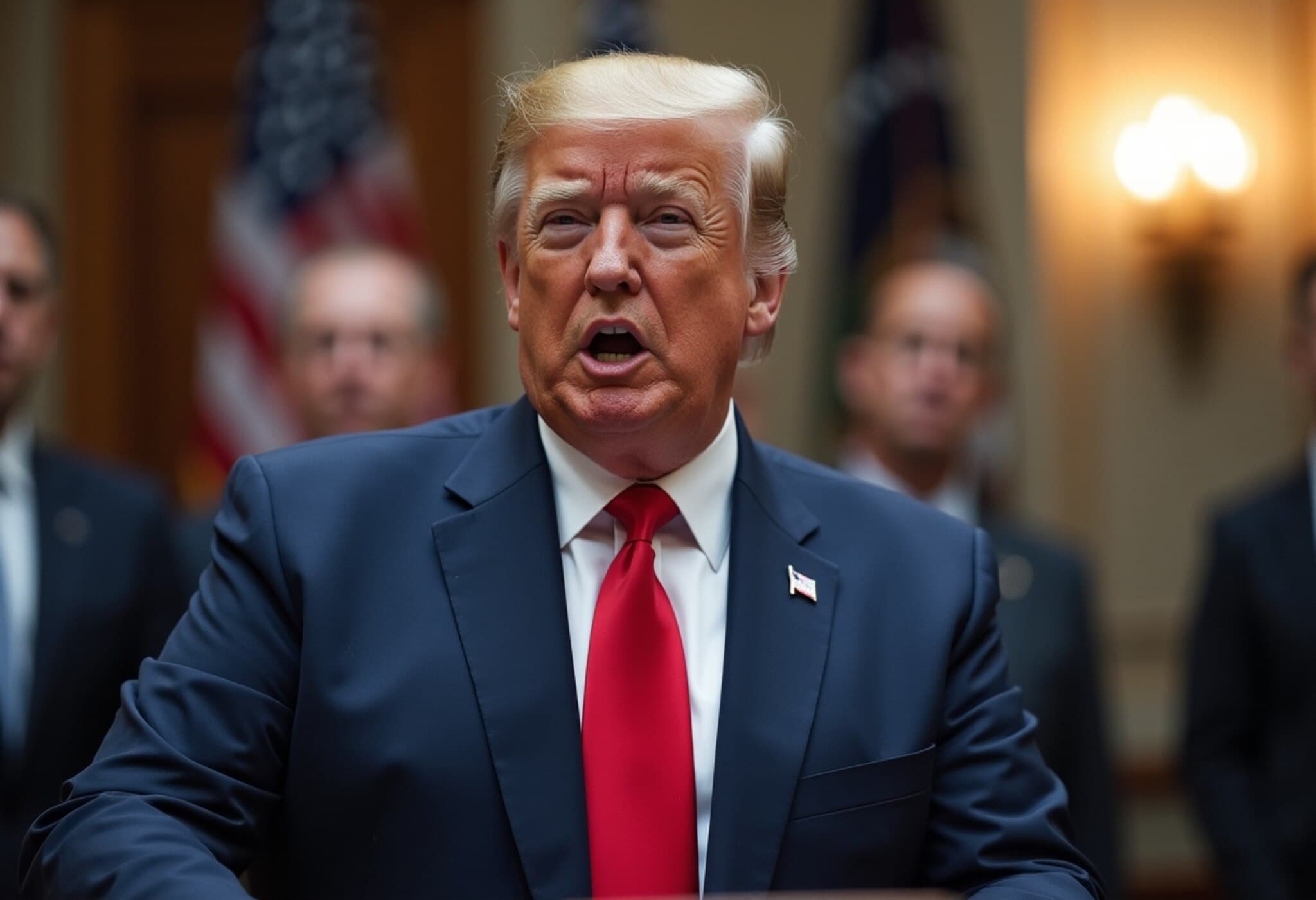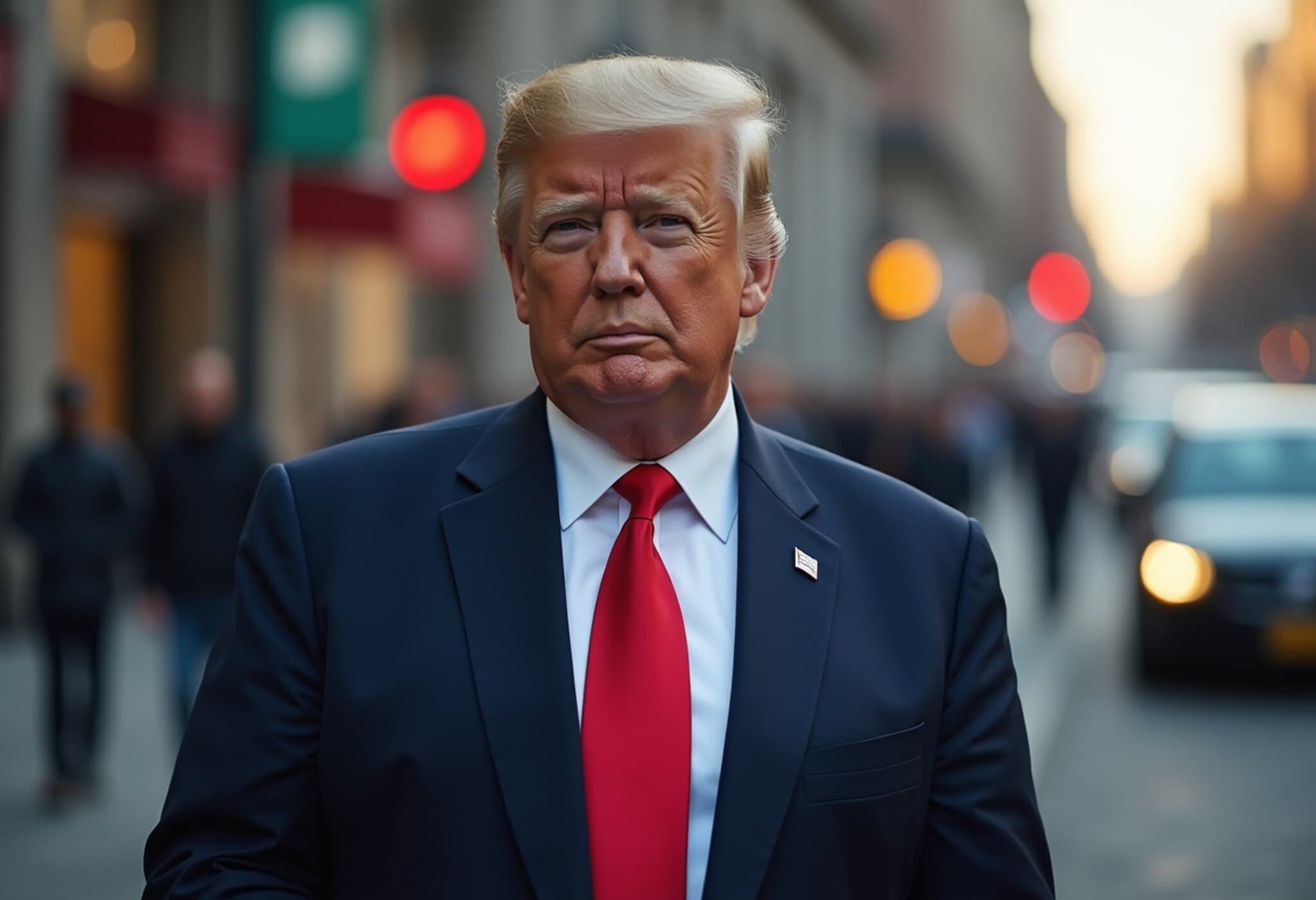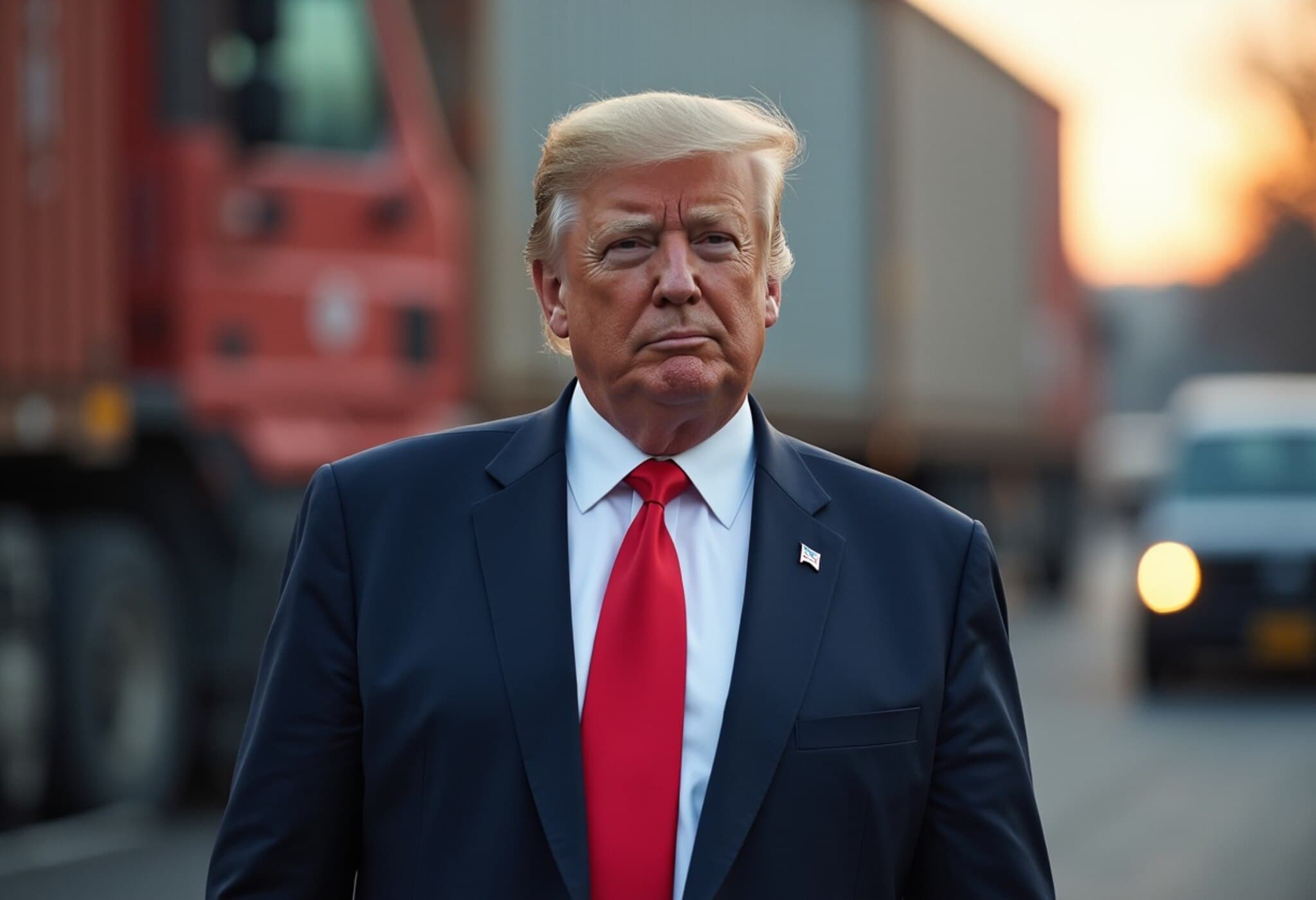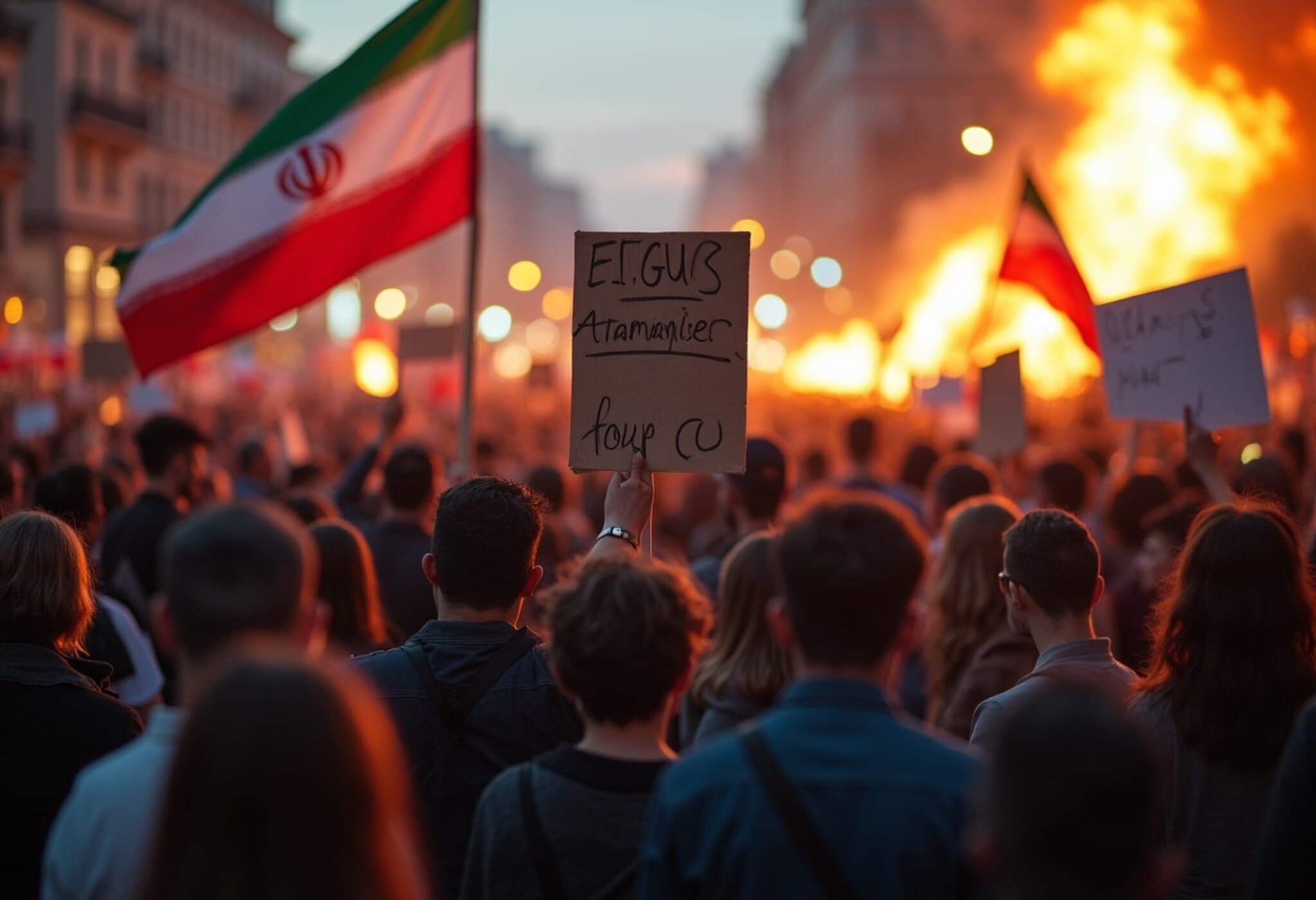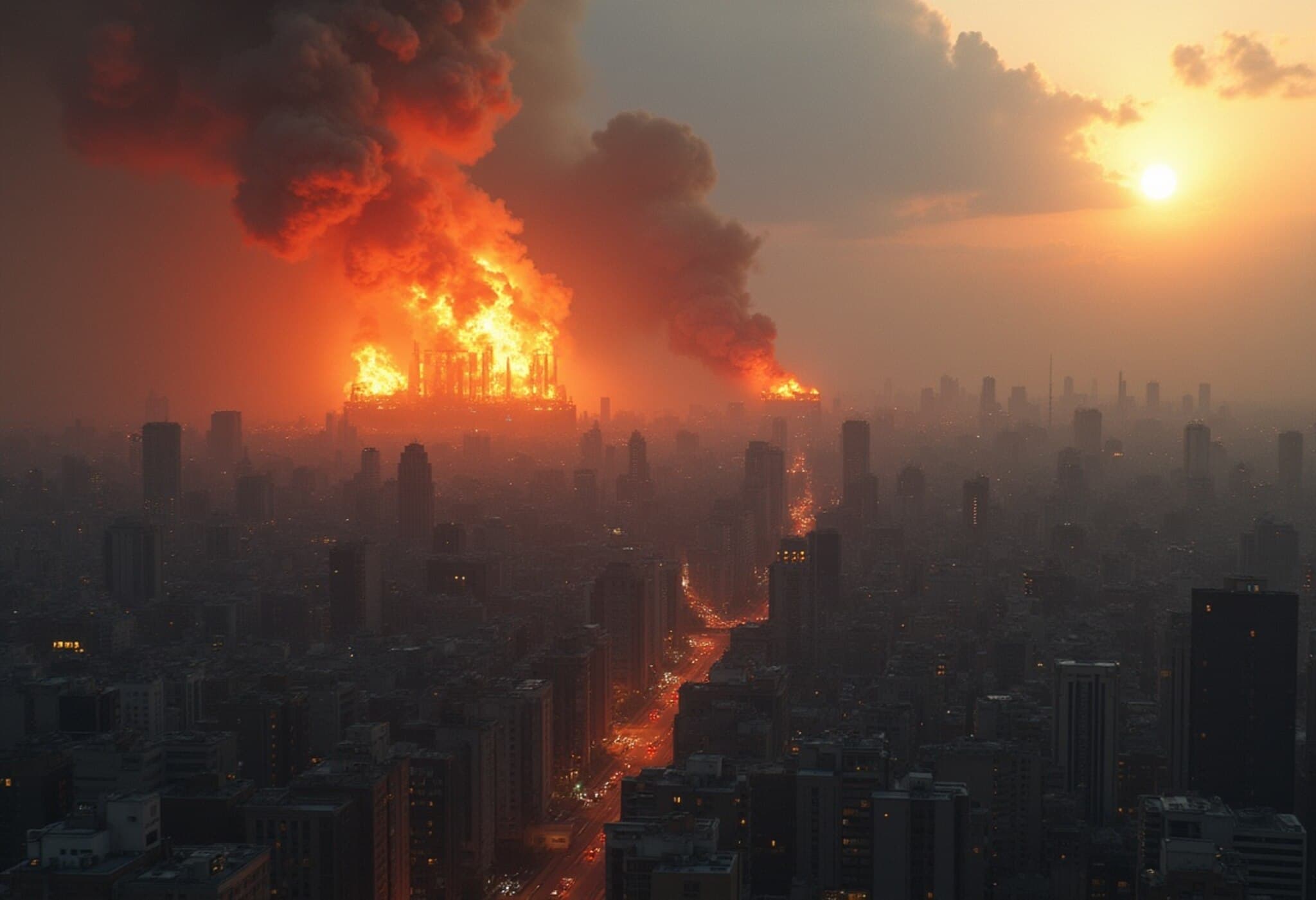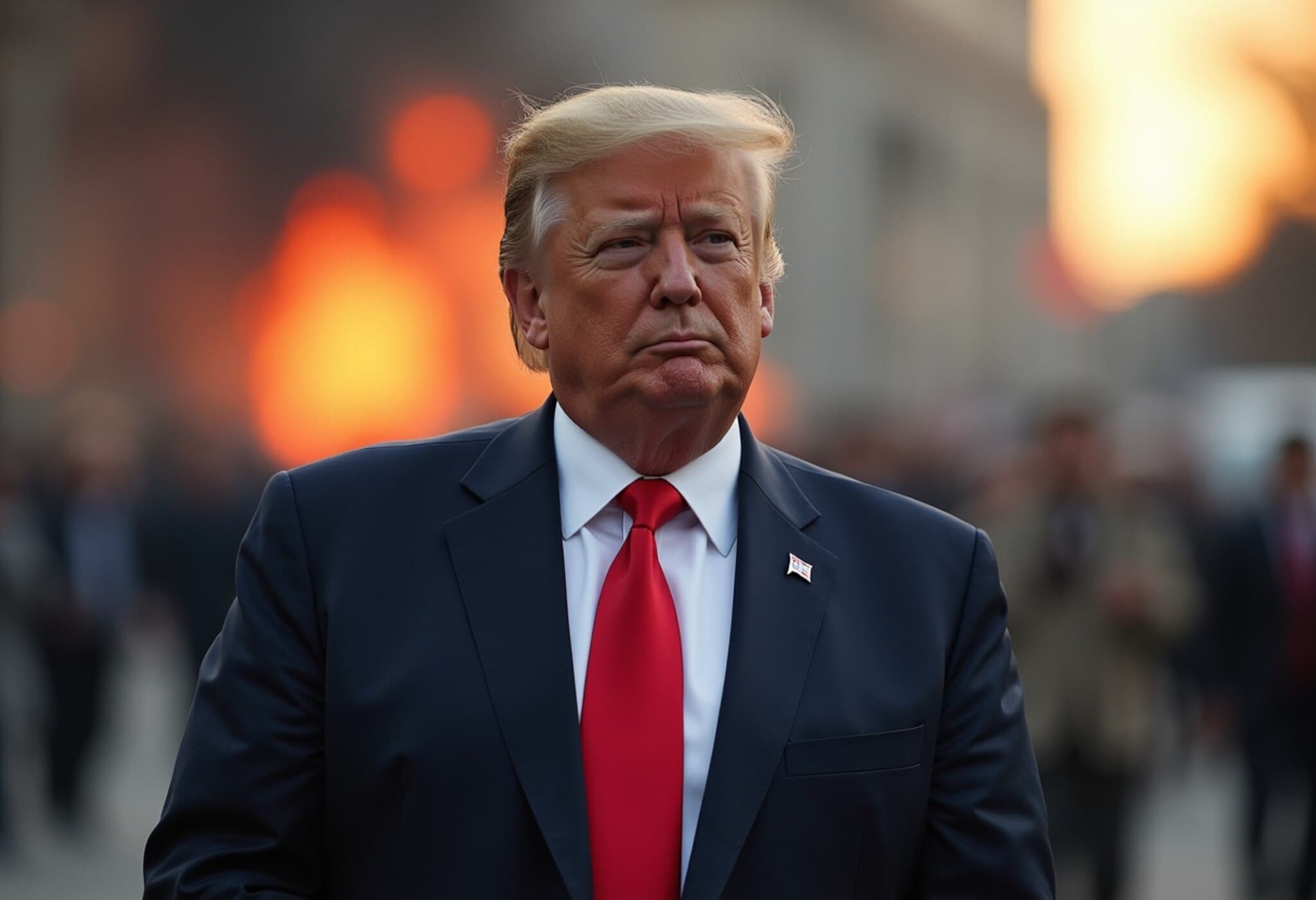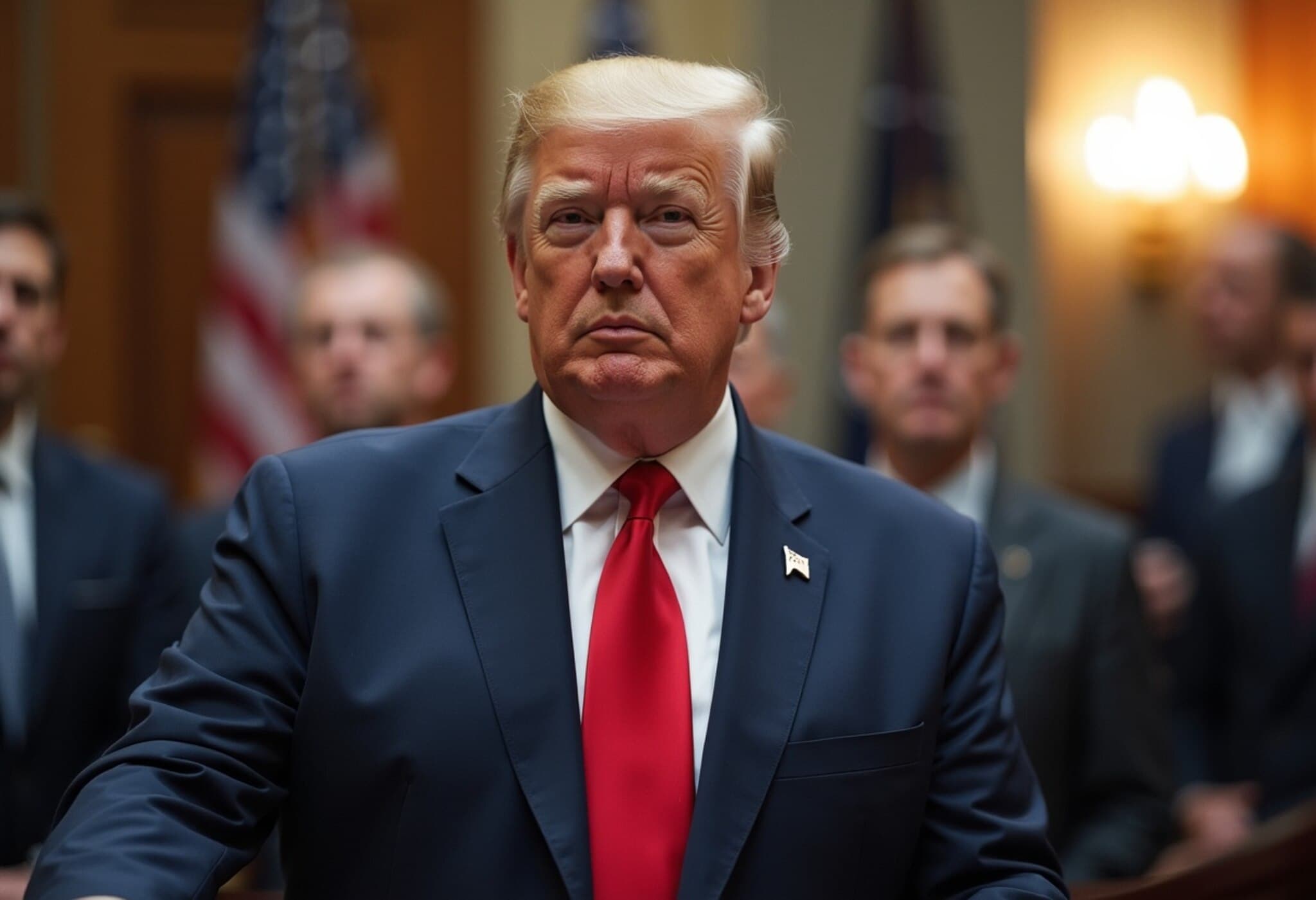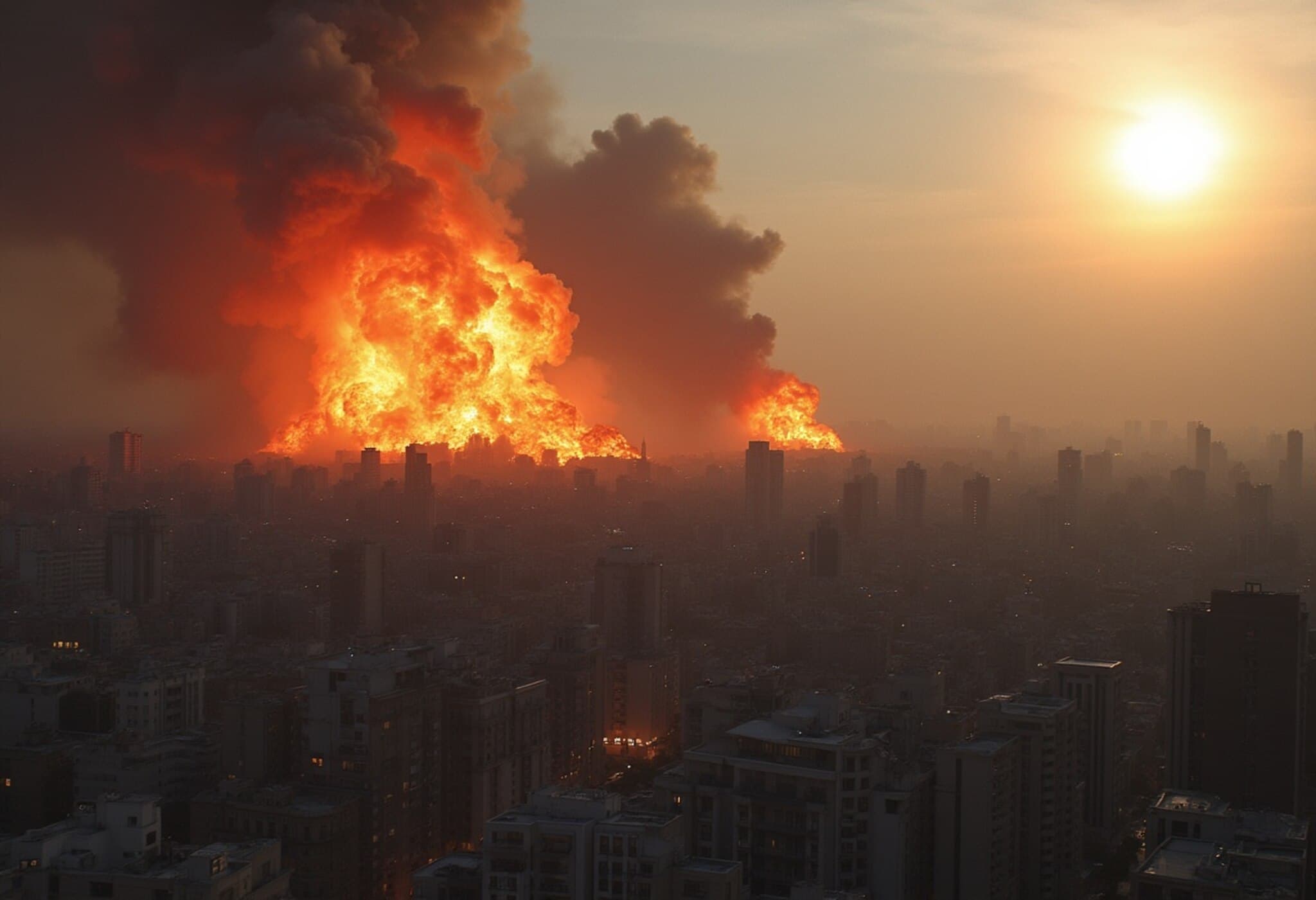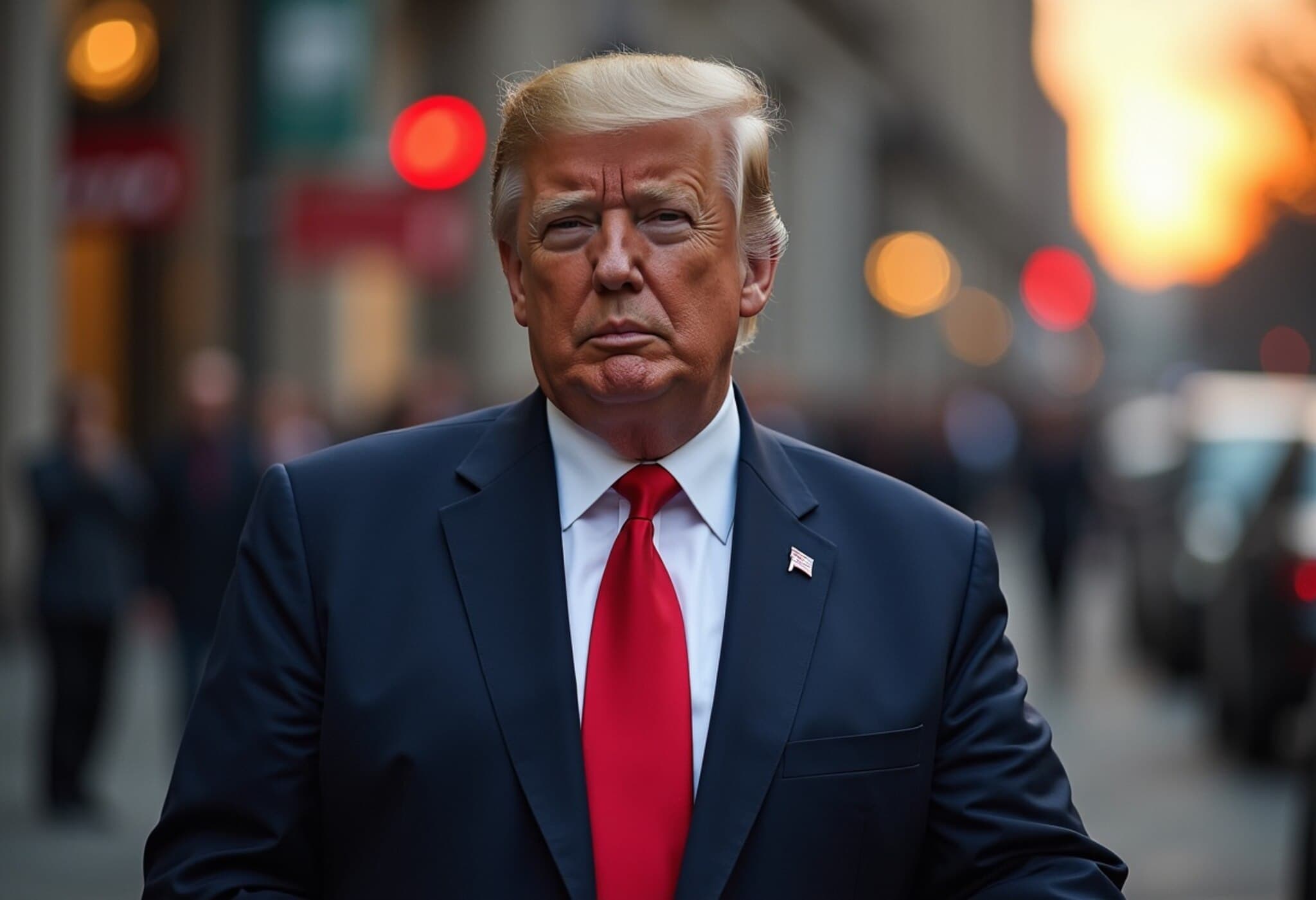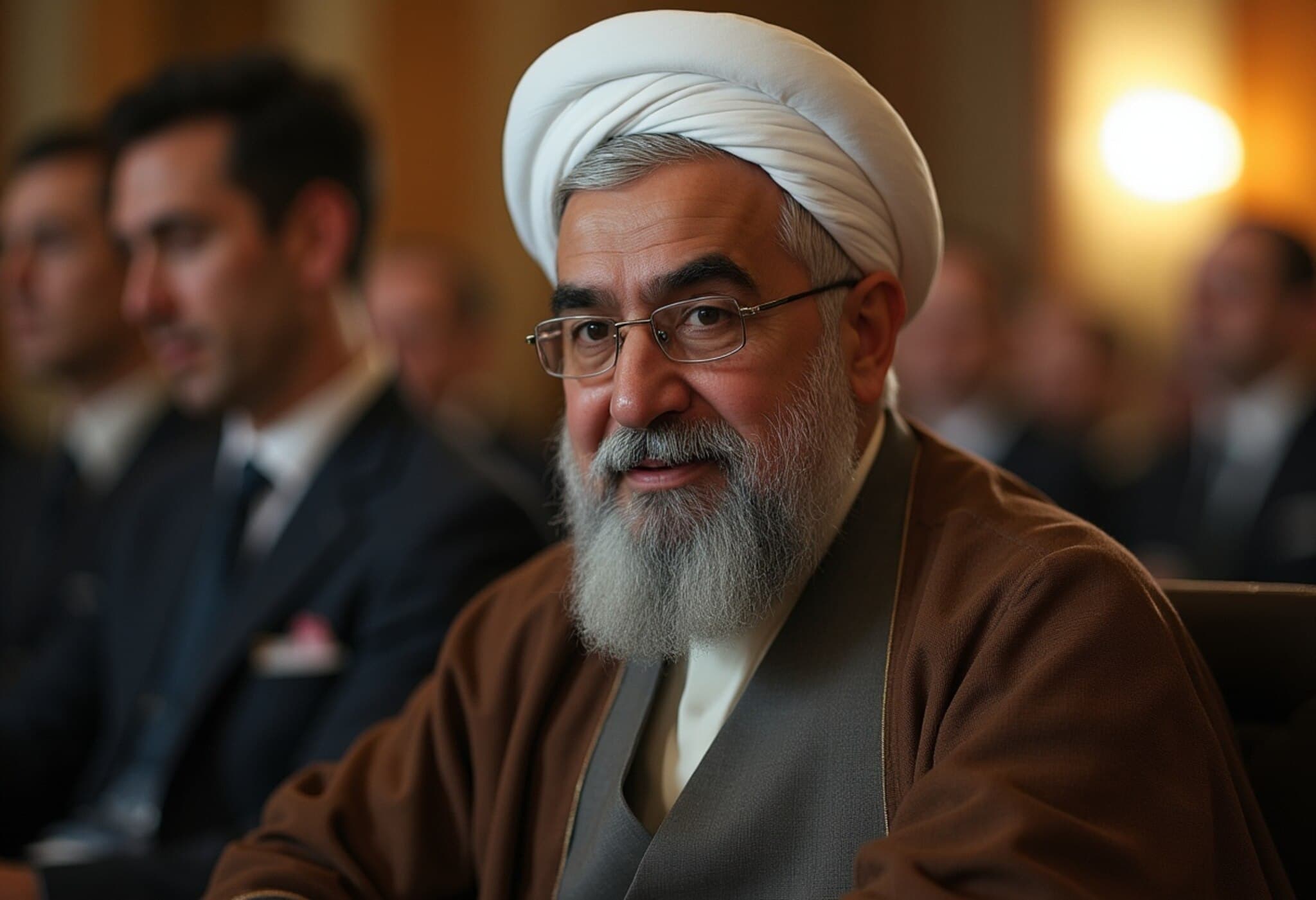US Strikes on Iran Shift Global Perceptions of Trump’s Resolve
The recent US military strike targeting Iran’s nuclear facilities marks a significant turning point in how global markets view President Donald Trump’s decision-making. The long-held assumption that Trump might back down from tough threats—popularly known as “TACO” (Trump Always Chickens Out)—now faces serious doubt. This shift has important implications for his hardline tariff policies and the wider economic landscape.
Breaking the TACO Narrative
Before the attack, many financial markets and international trading partners largely believed that Trump’s aggressive rhetoric, particularly around tariffs, was more bark than bite. This belief fueled cautious optimism, with fears of severe economic fallout from his trade policies remaining relatively muted.
But this new military action reveals a president willing to take bold, sometimes unilateral steps—even when advised against it by close allies. Such unpredictability spells uncertainty not just politically, but economically as well.
Operation Midnight Thunder: What it Means for the Economy
This operation adds a complex layer to an already tense global economic climate, strained by existing trade conflicts and tariff tensions. The critical factor going forward is Iran’s response.
- If Iran escalates by blocking the vital Strait of Hormuz, the result could be a sharp spike in oil prices, compounding economic vulnerabilities worldwide.
- This would exacerbate already fragile trade dynamics, increasing risks of recession and financial market volatility.
Decoding Trump’s Tariff Outlook: Four Possible Scenarios
While economic clashes rarely match the devastation of military conflicts, they invariably leave a mark. Here are the key scenarios analysts are weighing in light of recent developments:
1. The World Chickens Out
Other nations might interpret Trump’s strike as a stern warning but view the incident as contained. Eager to avoid prolonged tension, these countries could offer substantial concessions on trade terms, accelerating deal-making ahead of Trump’s July 9 tariff deadline. This outcome aligns with the administration's ideal: opponents back down, averting a drawn-out economic conflict.
2. Trump Chickens Out Rationally
Should tensions spiral—causing oil prices to surge and markets to react negatively—Trump might delay tariff rollouts to soften economic shockwaves. Though less aggressive in trade actions, this scenario still entails significant economic disturbance and ongoing uncertainty.
3. Trump Holds Hands With the World
An optimistic but less likely possibility involves international cooperation stepping up to stabilize markets. Joint efforts to manage oil price volatility and reaffirm trade agreements could minimize disruption, signaling a rare moment of global economic unity.
4. No One Chickens Out
The most alarming scenario sees both sides entrenching their positions. Trump, emboldened by his military initiative, intensifies tariffs to unprecedented levels as Iran retaliates by impeding oil shipments in the Gulf. Escalating trade wars and surging energy costs push the world into recession, with tensions edging dangerously close to broader conflict.
Looking Ahead
No single outcome can be ruled out. The economic future depends heavily on diplomatic moves and market reactions in the coming weeks. What’s clear is that Trump’s readiness to assert force complicates the predictability of his tariff strategy and marks a turning point in global economic relations.

